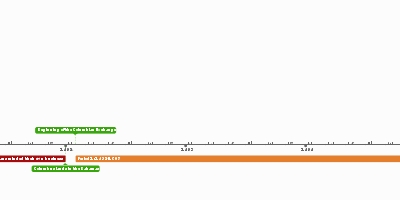23 abr 1919 ano - Schenck v. US, 1919
Descrição:
During world war one, Charles Schenck passed out flyers that compared the draft to slavery as he thought it violated the 13th amendment. He was then arrested for violating the Espionage & Sedition Acts (E&S Acts). These acts, established in 1917 during the war, made it a crime to interfere with the war effort and to criticize US policy on war.During his trial, his lawyers used the first amendment, the right of free speech, as a defense. This case was the first time the Supreme Court ruled on free speech. Judge Holmes reasoned that Schenck’s flyers could harm the drafting process thus he and the flyers are not protected by the first amendment similar to how falsely yelling “fire” in a crowded theater is not protected. They vote 9-0 that the E&S Acts are constitutional, do not violate the first amendment, and are an appropriate exercise of Congress’ wartime authority. Schenck gets 6 months in prison.
S: This case showed that free speech is not an absolute right; the first amendment does not protect speech that can create a “clear and present danger.” It represents how during wartime, civil liberties are compromised.
Adicionado na linha do tempo:
Data:
23 abr 1919 ano
Agora
~ 106 years ago
